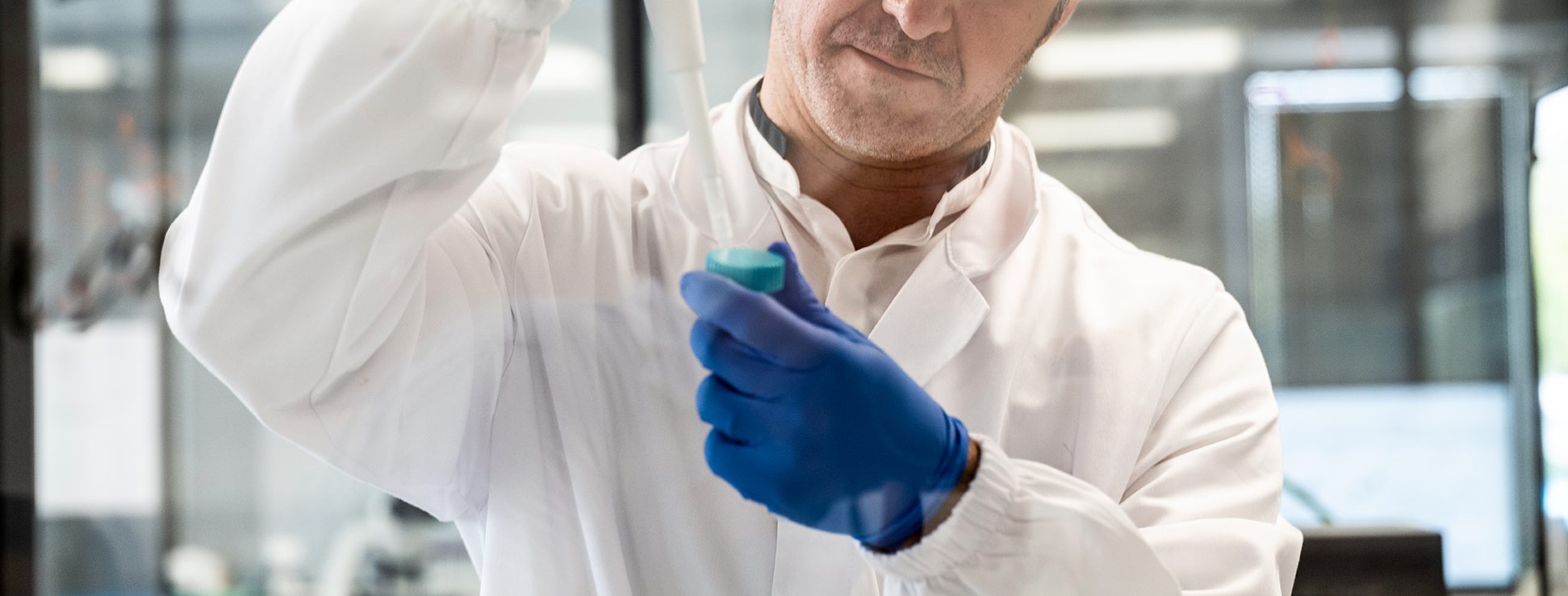August 21, 2019
The regenerating family member 3 β instigates IL-17A-mediated neutrophil recruitment downstream of NOD1/2 signalling for controlling colonisation resistance independently of microbiota community structure
GUT - 2019

August 21, 2019
GUT - 2019

Nadine Waldschmitt, Sho Kitamoto, Thomas Secher, Vassiliki Zacharioudaki, Olivier Boulard, Emilie Floquet, Myriam Delacre, Bruno Lamas, Hang-Phuong Pham, Adrien Six, Mathias L. Richard, Jean-Charles Dagorn, Gérard Eberl, Philippe Langella, Jean-Marc Chatel, Bernhard Ryffel, Juan Lucio Iovanna, Lionel F. Poulin, Harry Sokol, Nobuhiko Kamada, Mathias Chamaillard.

Purpose: Loss of the Crohn’s disease predisposing NOD2 gene results in an intestinal microenvironment conducive for colonisation by attaching-and-effacing enteropathogens. However, it remains elusive whether it relies on the intracellular recruitment of the serine-threonine kinase RIPK2 by NOD2, a step that is required for its activation of the transcription factor NF-κB.

Experimental Design: Colonisation resistance was evaluated in wild type and mutant mice, as well as in ex-germ-free (ex-GF) mice which were colonised either with faeces from Ripk2-deficient mice or with bacteria with similar preferences for carbohydrates to those acquired by the pathogen. The severity of the mucosal pathology was quantified at several time points postinfection by using a previously established scoring. The community resilience in response to infection was evaluated by 16S ribosomal RNA gene sequence analysis. The control of pathogen virulence was evaluated by monitoring the secretion of Citrobacter-specific antibody response in the faeces.

Results: Primary infection was similarly outcompeted in ex-GF Ripk2-deficient and control mice, demonstrating that the susceptibility to infection resulting from RIPK2 deficiency cannot be solely attributed to specific microbiota community structures. In contrast, delayed clearance of Citrobacter rodentium and exacerbated histopathology were preceded by a weakened propensity of intestinal macrophages to afford innate lymphoid cell activation. This tissue protection unexpectedly required the regenerating family member 3β by instigating interleukin (IL) 17A-mediated neutrophil recruitment to the intestine and subsequent phosphorylation of signal transducer and activator of transcription 3.

Conclusions: These results unveil a previously unrecognised mechanism that efficiently protects from colonisation by diarrhoeagenic bacteria early in infection.

Integrated technological platform, dedicated to cell phenotyping, omics generation and data analysis
Check our services